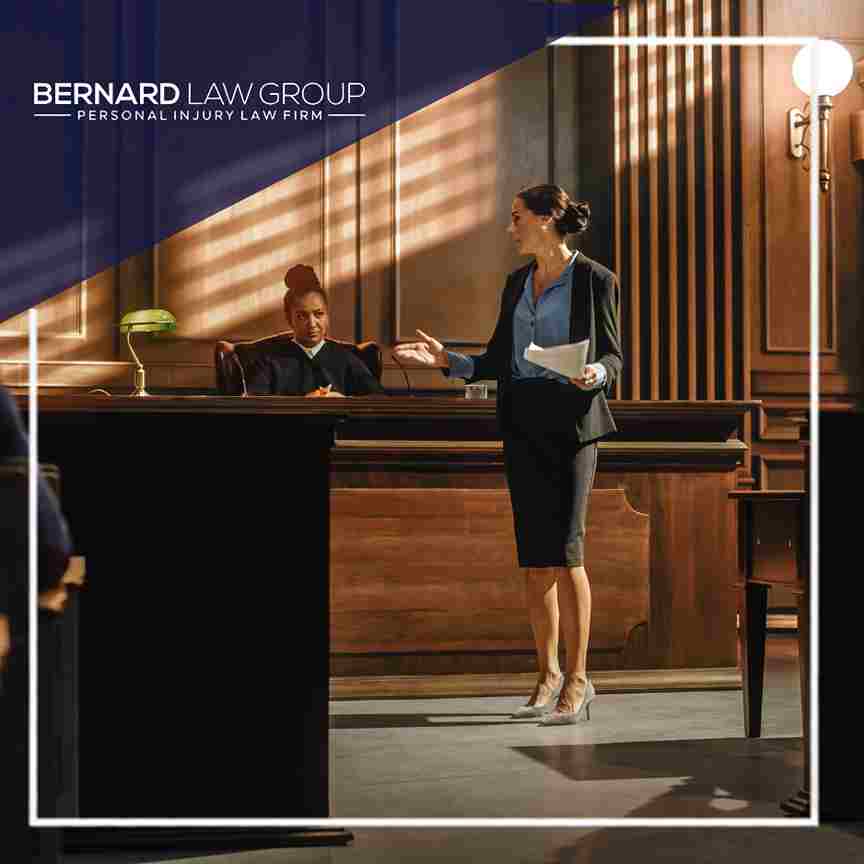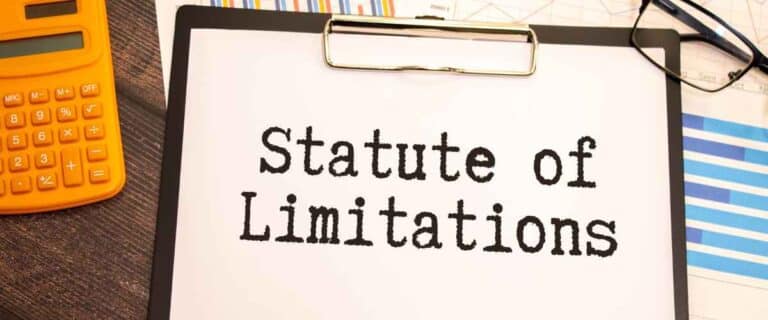Personal injury cases in Washington can be highly emotional. They can also be financially taxing for the involved parties. After being harmed in an accident, most victims ask our injury lawyer in Seattle if they are going to be able to settle their cases early or if they will have to go to trial. Given the unique circumstances of every personal injury case, it is hard to determine if a claim will go to trial. Generally, the need to go to trial will be based on whether the parties are willing to reach a settlement agreement.
What Is a Settlement?
A settlement is an agreement between the plaintiff and the defendant to resolve a personal injury case without resorting to a trial. In exchange for forgoing litigation, the plaintiff receives a lump sum payment from the defendant or their insurance company.
Typically, settlements are funded by the defendant’s insurance provider, although there are instances where the defendant directly covers the payment.
What is a Trial?
A trial is a formal legal procedure in which a judge or jury evaluates evidence to determine whether the defendant, the individual being sued, is accountable for the damages claimed by the plaintiff, the party who filed the lawsuit. If the defendant is deemed responsible, the judge or jury also determines the plaintiff’s compensation.
Will My Personal Injury Case Go to Trial?
The majority of personal injury cases are settled before reaching trial. Studies show that only 4% and 5% of personal injury claims go to trial. This trend results from the mutual desire of both parties to mitigate the potential risks associated with litigation. Opting for a settlement carries the advantage of avoiding uncertainties inherent in a trial. However, there is the possibility of accepting a settlement offer lower than what could be obtained through litigation.
When going to trial, the defendant might pay considerably more than initially offered in the settlement negotiations. Pursuing a trial incurs significant expenses, including legal fees and court costs. While there’s a chance of securing a verdict surpassing the settlement offer, the net amount received post-trial deductions might be lesser. Additionally, the trial process can be prolonged, spanning several years, with no guarantee of a favorable outcome for the plaintiff.
What to Expect if My Case Goes to Trial
If your case goes to trial, there are six different phases that you can expect throughout the process. These steps include:
The Jury Selection Process
The jury selection process marks the initial phase of a trial, where potential jurors are carefully chosen from a pool of candidates through a process called voir dire. Attorneys from both sides and the judge question prospective jurors to ensure their impartiality and suitability to serve on the jury. This process aims to select a fair and unbiased jury that will weigh the evidence objectively.
Provide Opening Statements
Following the jury selection, the trial proceeds with opening statements. During this stage, attorneys from both the plaintiff and defendant present their introductory remarks, outlining the key points of their case and previewing the evidence they intend to present. These statements establish the framework for the arguments unfolding throughout the trial.
Evidence Is Presented
Once the opening statements are concluded, the trial moves into the phase where witnesses provide testimony. Witnesses, including expert witnesses and individuals with firsthand knowledge of the events in question, take the stand to recount their observations and experiences relevant to the case. Attorneys then conduct a direct examination of their witnesses to elicit testimony supporting their case, followed by cross-examination by the opposing counsel to challenge the credibility and consistency of the testimony.
Making Closing Arguments
After all witnesses have been examined and cross-examined, the trial progresses to the stage of making closing arguments. Attorneys deliver their final remarks to the jury, summarizing the evidence presented during the trial and persuasively advocating for their respective positions. Closing arguments allow your Seattle personal injury attorney and the attorney for the defendant to highlight key points, clarify any ambiguities, and appeal to the jury’s sense of reason and justice.
Jury Deliberations Occur
Once closing arguments are concluded, the jury begins its deliberations. During this phase, jurors review the evidence, consider the arguments presented by both sides, and engage in discussions to reach a unanimous verdict or, in some cases, a majority decision. Jury deliberations can be complex, as jurors must weigh conflicting testimony, assess the credibility of witnesses, and apply the law as the judge instructs to arrive at a fair and just verdict.
Issuance of the Final Verdict
Finally, after reaching a decision, the jury returns to the courtroom to deliver the final verdict. The presiding judge or jury foreperson announces the outcome of the trial, indicating whether the defendant is found liable or not liable for the damages claimed by the plaintiff. The verdict represents the culmination of the trial process, resolving the legal dispute and providing closure to the parties involved.
Pros and Cons of Going to Trial
Opting for a trial has advantages and disadvantages. On one hand, prevailing in a trial may yield a higher monetary award than what could be obtained through settlement, as some juries award more substantial sums. Moreover, a public trial often brings a sense of closure and justice to most clients.
Conversely, personal injury trials tend to be time-intensive, stretching over weeks or months. They also incur significant expenses, including legal fees and court costs. In an unfavorable verdict, the plaintiff receives no compensation for their injuries. Furthermore, there’s the risk of receiving less than the insurance company offered in settlement negotiations.
Why Would My Case Go to Trial?
Several factors may lead to a personal injury case proceeding to trial. The plaintiff and their injury lawyer in Seattle may opt for trial if the insurance company fails to propose a fair settlement.
Additionally, if the insurance company or defendant denies responsibility for the accident or alleges the plaintiff’s fault, a trial becomes necessary to establish liability.
Furthermore, if the defendant’s insurance coverage fails to cover the damages, the plaintiff may pursue legal action against the defendant, seeking adequate compensation.
In an accident-related injury, consulting with an experienced personal injury Seattle personal injury attorney is crucial to understanding one’s rights and available courses of action. A dedicated attorney can provide insights into the decision to pursue a trial, offer guidance throughout the trial process, and assist in preparation.
Call Our Seattle Personal Injury Attorney Today
At the Bernard Law Group, we truly believe in fighting for justice and defending individuals’ rights. With over 30 years of experience serving Seattle and Washington State, our highly skilled team has a strong track record of achieving successful outcomes for our clients.
Our founder, attorney Kirk Bernard, has carefully selected award-winning lawyers, experienced paralegals, and knowledgeable administrators to build the best law firm in Seattle. We take pride in putting our reputation and experience to work for each client’s case to ensure they receive the justice they deserve. Call our injury lawyer in Seattle now to schedule a free case review to discuss your legal options.




